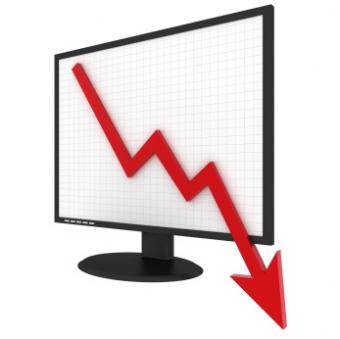 As a shareholder or potential shareholder of Resort Savers, Inc. (RSSV), you may have noticed the decline in the price of the stock. We have been informed by our analysts, that they believe this price degradation was caused by short sellers.
As a shareholder or potential shareholder of Resort Savers, Inc. (RSSV), you may have noticed the decline in the price of the stock. We have been informed by our analysts, that they believe this price degradation was caused by short sellers.
This has become even more evident now that RSSV has published and filed some very impressive fundamental numbers with the SEC. The increase in assets and cash flow are substantial and might be causing short sellers some concern, since they would not like the stock price to increase.
Please allow us to define the term “short selling”:
Short selling is the selling of a stock that the seller doesn’t own. More specifically, a short sale is the sale of a security that isn’t owned by the seller, but that is promised to be delivered. That may sound confusing, but it’s actually a simple concept.
When you short sell a stock, your broker will lend it to you. The stock will come from the brokerage’s own inventory, from another one of the firm’s customers, or from another brokerage firm. The shares are sold and the proceeds are credited to your account. Sooner or later, you must “close” the short by buying back the same number of shares (called covering) and returning them to your broker. If the price drops, you can buy back the stock at the lower price and make a profit on the difference. If the price of the stock rises, you have to buy it back at the higher price, and you lose money.
When this occurs, with any stock, the only way to combat the short seller is to consider increasing your position in the stock at the ask price. As always, the final decision is yours, we are only providing you with the information that might stem the tide of the short seller and possibly increase the value of your holdings.
It is our devotion to be a leader and model of quality in our respective field and to recognize and pursue potential possibilities for our clients as they emerge. We want to redefine the very phrase “Investor Relations” and to build genuine long standing partnerships and our reputation through high performance.
Three key mistakes made by investors are investing in an excessive number of stocks, not enough analysis, and poor timing. Don’t spend another day losing money! We have entered into the information age and those that invest early on in the right opportunity will reap the benefits. Want to invest without having to do extensive research or dealing with the emotions attached to financial investment decisions.
Every month our research group thoroughly sifts through thousands of stocks in constant pursuit of a few profitable opportunities. The reports we generate are abundant in detail and everything is updated in real time. At Pinnacle Research, we will help you identify companies that we believe to be the right opportunity at the right time.
